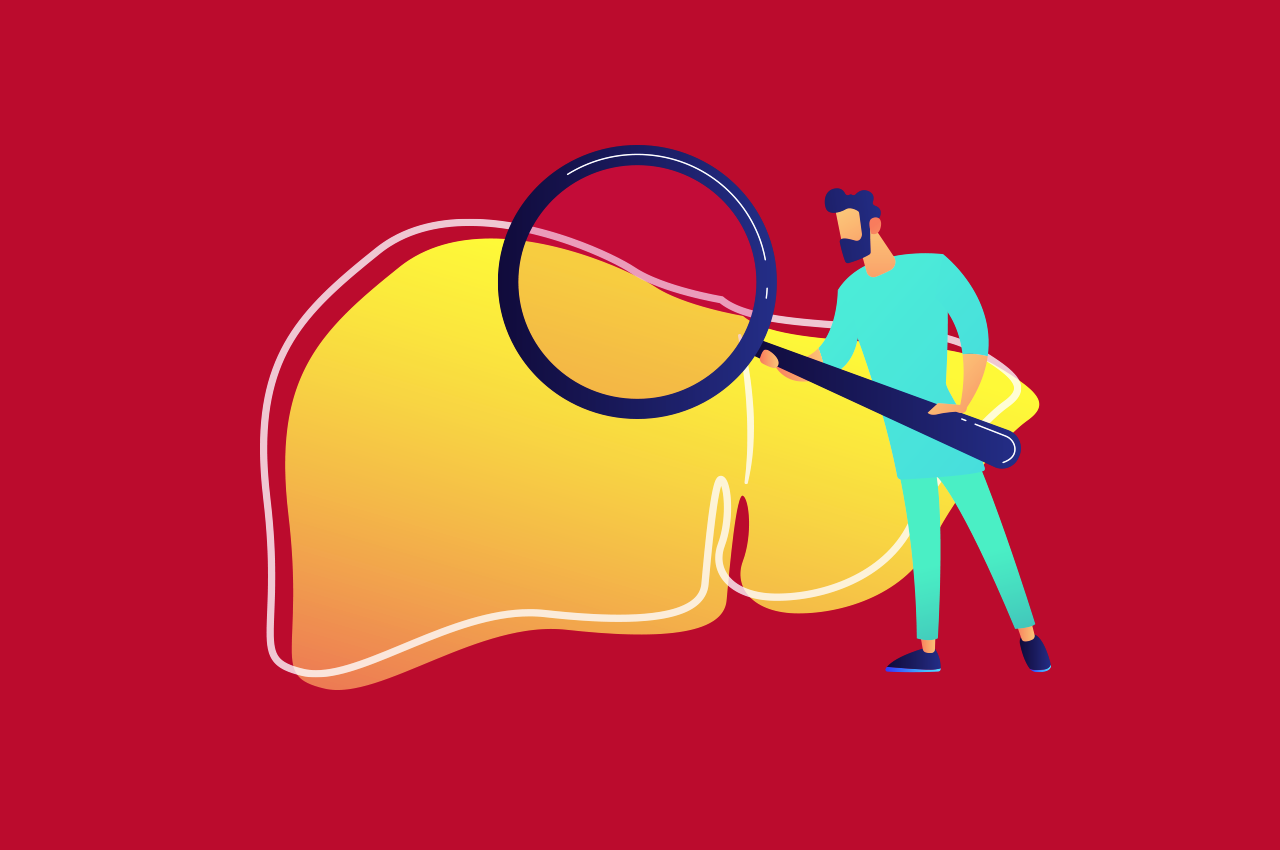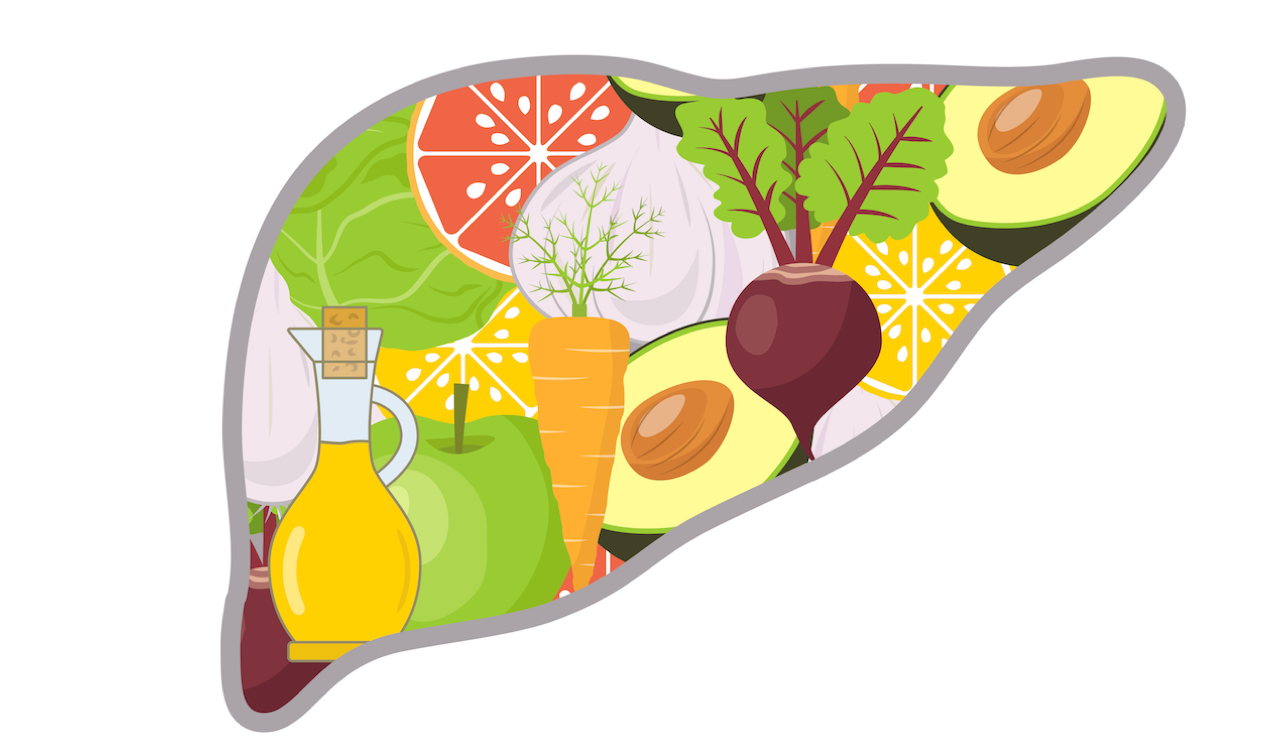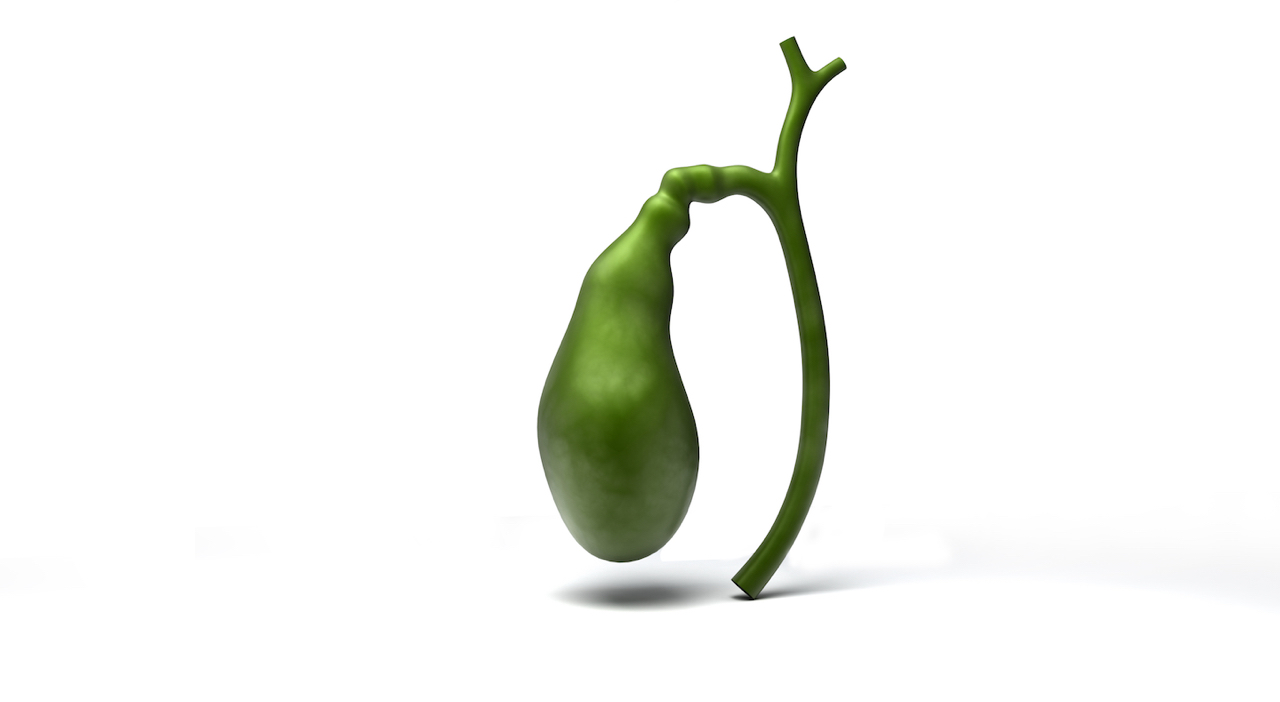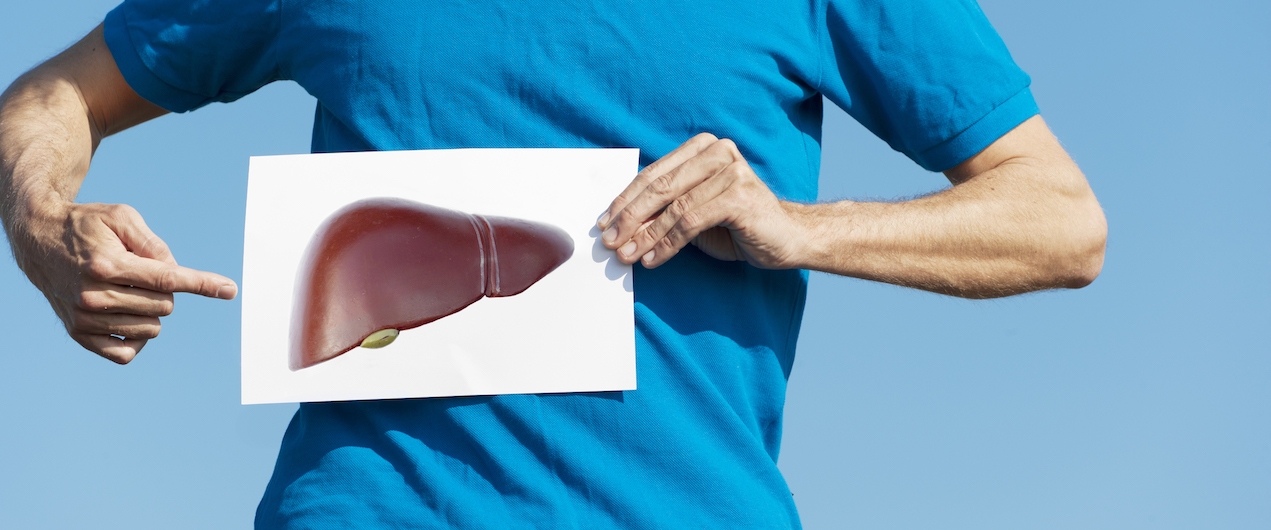Your liver is an important organ with many vital functions. It plays an important role in regulating different processes in your body, including metabolism; secretion (a process when substances are produced and discharged from a cell), energy storage, and detoxification (when the body gets rid of unwanted toxins).
Your liver controls most chemical levels in the blood and releases a product called bile. Bile helps carry away waste and breaks down fats in the small intestine during digestion. All the blood leaving the stomach and intestines pass through the liver.
The liver then processes this blood and breaks down, balances, and creates nutrients for the body to use.
The liver also:
- Stores and releases glucose as needed.
- Stores iron.
- Produces cholesterol and special proteins to help carry fats through the body.
- Clears the blood of drugs, medication and other harmful substances.
- Regulates blood clotting.
- Resists infections by producing immune factors and removing bacteria from the bloodstream.
When the liver has broken down harmful substances, they’re released into the bile or blood. Bile by-products enter the intestine and ultimately leave the body in the faeces (poo). Blood by-products are filtered out by the kidneys and leave the body in the form of urine.
To keep your liver healthy, you need to eat the right foods.
Avocado
Avos are rich in fibre and packed with healthy fats. They produce a powerful antioxidant called glutathione which helps with the removal of harmful toxins from the body.
Garlic
Garlic helps your liver activate enzymes to flush out toxins. It also has the compounds allicin and selenium that assist the liver to detoxify.
Apples
Apples have high levels of the chemical pectin. This substance helps the body cleanse and release toxins from the digestive tract.
Grapefruit
This fruit is packed with Vitamin C and other antioxidants that protect your liver. They help reduce inflammation and prevent cell damage.
Grapes
Studies show that grapes and grapeseed extract protect the liver from damage, while also increasing antioxidant levels and fighting inflammation.
Fatty fish
Fatty fish are rich in Omega-3 fatty acids. They’re healthy fats that reduce inflammation and have been linked to a lower risk of heart disease and blood pressure
Vegetables
Veggies like broccoli and cauliflower contain glucosinolate, which helps the liver make detoxifying enzymes. They also contain sulphur compounds that keep your liver healthy. Leafy vegetables contain good amounts of chlorophyll to help filter toxins out of the bloodstream and neutralise heavy metals.




